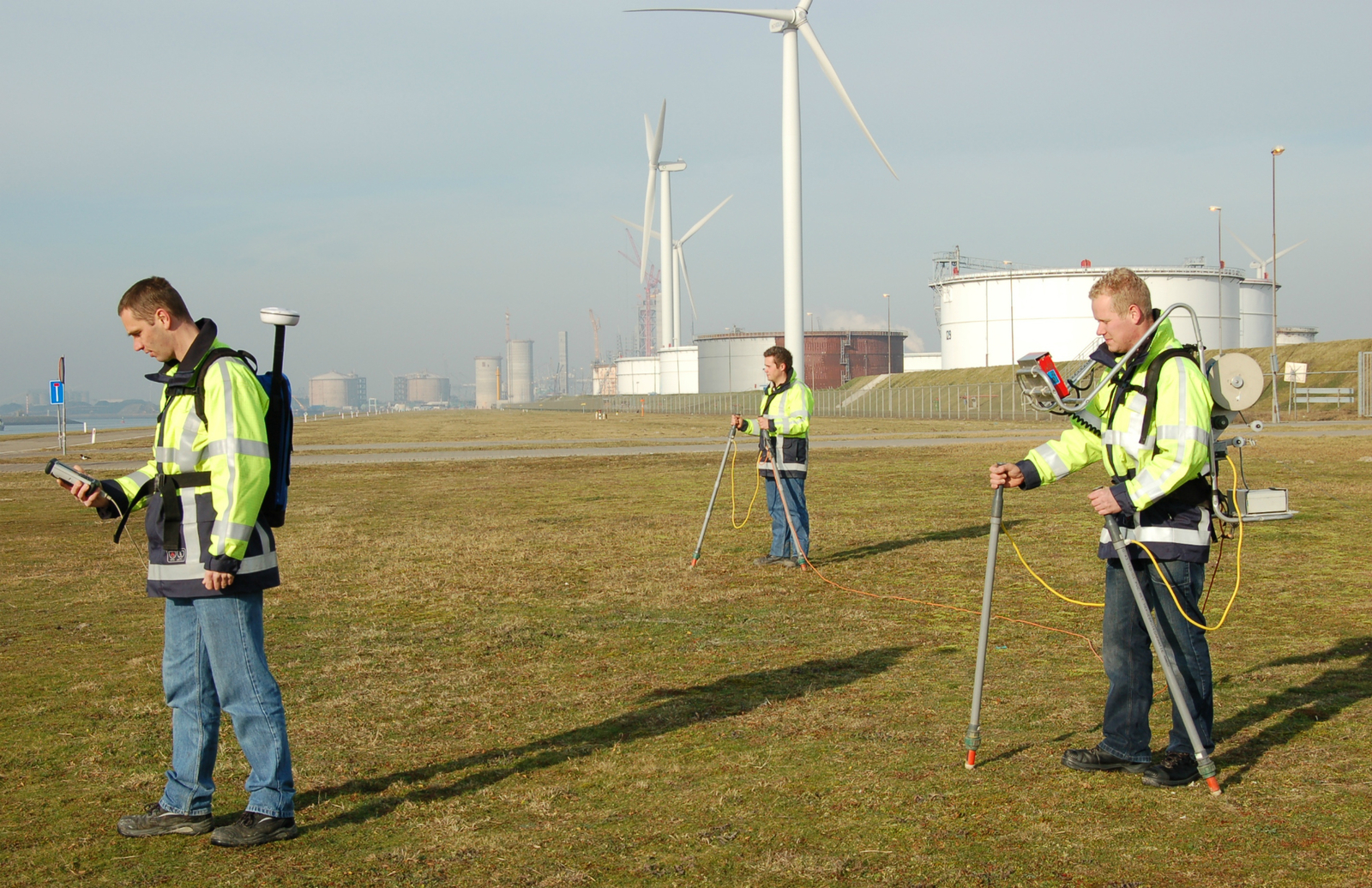Cathodic protection
Coating inspection
A coating inspection is conducted to determine the quality and integrity of the coating applied to the protected object. A coating is a protective layer applied to the object to reduce the required protection current for the CP system and to improve current distribution.
A coating inspection is important for several reasons:
- It indicates whether the coating was applied, adhered, and dried properly.
- It determines if there is any damage or defects in the coating due to mechanical stress, chemical influences, or other factors.
- It measures the resistance and porosity of the coating, which are crucial parameters for designing and adjusting the CP system.
- It identifies the location of damaged or defective areas in the coating, allowing for targeted repairs or replacements.
Merrem & la Porte specializes in conducting coating inspection for CP systems according to standards. We have a skilled team of survey engineers and inspectors who use advanced equipment and software to assess the quality and integrity of your coating. We provide a comprehensive inspection report with all results, conclusions, and recommendations.
We employ various techniques for coating inspections, such as:
- DCVG (Direct Current Voltage Gradient): a technique that uses a voltage gradient to detect coating damages.
- CIPS (Close Interval Potential Survey): a technique that uses reference electrodes to measure the potential distribution across the object.
- ECDA Survey (External Corrosion Direct Assessment Survey): a technique that combines DCVG and CIPS methodologies.
Contact us
Need advice on Cathodic Protection? Contact us now!
Thank you for your message, we will contact you as soon as possible.
